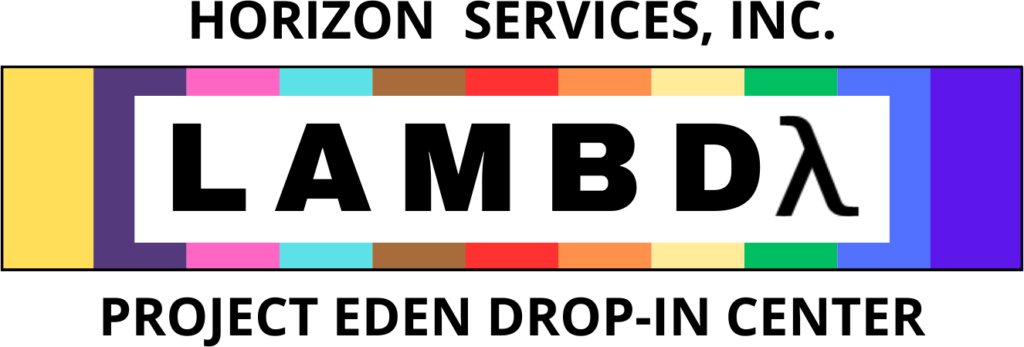What Is Court Ordered Treatment?
Court ordered treatment is a mandated recovery program imposed by the legal system. It is an alternative to incarceration for individuals with behavioral issues. But how long is court ordered rehab?
Unlike typical treatment, which individuals may choose voluntarily in order to heal, court ordered rehab is a result of a legal mandate.1 Court ordered recovery often proves to be as effective as voluntary recovery is for those in addiction treatment.2

Factors Influencing How Long is Court Ordered Rehab
Several factors can influence the duration of court ordered treatment programs, although the specific criteria and approaches may vary among jurisdictions. Here are some common factors that can determine the duration of these programs:3
The Severity of the Offense
The seriousness of the offense committed by the individual often impacts the duration of court ordered treatment. More severe crimes or repeat offenses might result in longer treatment program durations.
Individual’s History
The individual’s prior criminal history, including any previous substance use issues or participation in recovery programs, can impact the duration of the court ordered treatment. Repeat offenders or those with a history of substance use disorder may require longer treatment periods.
SUD Assessment
A comprehensive assessment of the individual’s substance use problem will be conducted. This evaluation examines the extent of the addiction, any co-occurring disorders, and the individual’s overall health. The assessment helps determine the appropriate duration of the treatment program.
Treatment Plan and Progress
The court may also consider the treatment plan recommended by professionals, such as addiction counselors or medical experts. The individual’s progress in the program, as assessed by the treatment providers, can also influence the duration.
Successful completion of program milestones or demonstrated commitment to recovery may lead to a shorter duration.
Jurisdictional Guidelines
Different jurisdictions may have their own guidelines or statutes that outline the minimum and maximum durations for court ordered treatment programs. These guidelines may be influenced by local laws, resources, and prevailing treatment practices.
Individual Circumstances
The court might take into account the individual’s personal circumstances, such as employment status, family situation, or support network. These factors can influence the feasibility and length of participation in the recovery program.
Minimum and Maximum Durations of How Long is Court Ordered Rehab
Typically, court ordered rehab programs have minimum and maximum durations that depend on the specific circumstances of the case. The time frames can vary widely. They generally range anywhere from one to three months.
The individual’s treatment needs and progress during the program may influence whether they require the minimum or maximum duration. This can sometimes change depending on the individual’s willingness to continue with more treatment if needed.4
Individualized Treatment Plans in Court Ordered Treatment Programs
Court ordered treatment programs strive to incorporate individualized treatment plans. These can address the specific needs of participants. These programs tailor their approaches to ensure the most effective outcomes, as they understand that each person’s circumstances and needs are unique.
By considering factors such as the individual’s background, challenges, and strengths, the treatment plan can provide targeted support. It can also help address any potential underlying issues contributing to the substance use disorder or addiction.
Impact of Progress and Compliance on How Long is Court Ordered Rehab
The progress and compliance of individuals during their court ordered recovery program can have an impact on the duration of their treatment. The specific approach may vary among jurisdictions.
Here are some general ways in which progress and compliance can influence the duration:
Shortened Duration
If individuals demonstrate substantial progress in their treatment, meet treatment goals, and exhibit a strong commitment to their recovery, the court may consider shortening the duration of their treatment.
This can be based on factors such as:
- Completing program milestones
- Achieving abstinence
- Showing improved mental health
- Actively participating in counseling sessions
Successful engagement in the treatment process and positive outcomes may indicate that individuals have gained the necessary skills and insights to continue their recovery independently or with less intensive supervision.
Extended Duration
On the other hand, individuals who face relapses or struggle to make progress during their court ordered rehab program may experience an extension in the duration.
If treatment providers or the court find that additional time and support are necessary for the individual to achieve stability and sustained recovery, they may extend the mandated treatment period. This decision is typically made with the intention of ensuring the individual receives sufficient assistance.
Treatment Plan Adjustments
These adjustments are made by the court and medical team conducting ongoing assessments and treatment plan changes. Treatment providers regularly evaluate individuals’ progress and reassess their treatment needs.
If the treatment plan needs to be modified to address new challenges or specific areas of focus, the court may review and adjust the duration accordingly. This flexibility allows for individualized treatment plans that can adapt to changing circumstances or emerging needs.

How Can Horizon Treatment Services Help
At Horizon Treatment Services, we prioritize access to quality treatment for substance use disorder. Our commitment is rooted in the understanding that addiction is a complex and multifaceted issue requiring comprehensive care.
We offer multiple options for court ordered treatment programs, including:
- Chrysalis: Our home-like living environment is tailored to meet the needs of women struggling with substance use or mental health disorders. Our court ordered patients will receive a holistic recovery approach that includes attention to emotional growth, family relations, social supports, and cultural diversity.
- Project Eden Adult Outpatient: This program provides a psycho-educational component to our topic discussions that can help you understand your substance use and how it may negatively impact your life. We provide intake, assessment, and individual and group counseling.
What Do We Offer?
Within our safe and supportive environment, we offer a range of programs tailored to individual needs. This can include group and family counseling, access to medication-assisted treatment (MAT), and trauma-informed care.
Our holistic approach aims to build a strong foundation for long-term recovery. We work to address the impact of past experiences and provide education to empower our community.
Get in Touch With Us Today
If you or a loved one are in need of court ordered treatment or are seeking assistance for substance use disorder, we encourage you to reach out to us at Horizon Treatment Services. Our compassionate team is here to provide support and guidance throughout your recovery journey.
We understand the importance of timely help. We are available to answer any questions you may have, discuss treatment options, and provide the necessary resources. Don’t hesitate to contact us today. Take the first step towards a healthier and brighter future.
Resources
1https://ndcrc.org/what-are-drug-courts/
3https://nida.nih.gov/sites/default/files/txcriminaljustice_0.pdf








